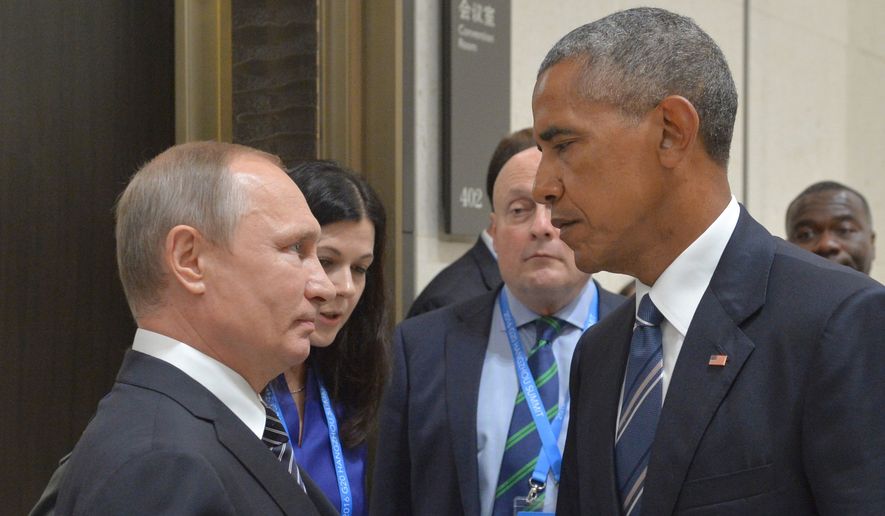The New York State Department of Taxation and Finance has opened an investigation into whether the Donald J. Trump Foundation violated state tax laws, a move that could lead to a criminal referral for possible prosecution, according to two state officials familiar with the inquiry.
The officials would not say when the investigation started, or what activities it may be scrutinizing. But it seemed likely that the inquiry may cover some of the same issues raised by the New York attorney general, Barbara D. Underwood, in
a lawsuit filed against the Trump Foundation last month.
The attorney general’s lawsuit accused the foundation of violating campaign finance laws, self-dealing and illegally coordinating with the Trump presidential campaign. It seeks to dissolve the foundation, recover millions of dollars in restitution and temporarily bar President Trump and three of his children from serving in leadership positions at any nonprofit operating in New York.
A criminal inquiry could reveal additional information beyond the scope of the lawsuit, such as the president’s tax returns. If the investigation found possible criminal activity, it could then refer its findings to a law enforcement agency, such as the state attorney general’s office or a district attorney. That agency could present the findings to a grand jury, according to the two officials, both senior members of Gov. Andrew M. Cuomo’s office, who spoke on the condition of anonymity to protect an active investigation.
Mr. Trump has admitted using the foundation’s money to
contribute to political causes. He was also accused of using its funds to settle business disputes,
failing to disburse funds to charities to which he said he had given large amounts of money and claiming credit for donations that had
actually come from other groups.
Mr. Cuomo, who is facing a vigorous Democratic primary challenge from Cynthia Nixon, has been under pressure to issue a criminal referral to Ms. Underwood, without which she cannot independently initiate a criminal case.
Zephyr Teachout, a candidate for attorney general, has for several weeks
called on the governor to give Ms. Underwood the authority to pursue a criminal investigation; an online petition pushed Mr. Cuomo to do the same. Alphonso David, the governor’s counsel, said on Wednesday the office was prepared to issue a referral if asked.
But the attorney general’s office has suggested that it may not be interested in pursuing a criminal investigation at the moment. In filing the lawsuit last month, the office also sent referral letters to the Internal Revenue Service and the Federal Election Commission for possible further action, including potential criminal charges.
A criminal referral could, in fact, be counterproductive to the attorney general’s lawsuit, by giving Mr. Trump’s lawyers reason to seek a stay in the civil case and thus delay those proceedings.
“We continue to evaluate the evidence to determine what additional actions may be warranted, and will seek a criminal referral from the appropriate state agency as necessary,” said Amy Spitalnick, the communications director for Ms. Underwood.
It is too early to say whether the tax department’s findings would be referred to the attorney general or a district attorney, one of the Cuomo administration officials said.
In the past, when the state attorney general’s office has brought tax-related criminal actions, they have typically related to issues such as tax evasion. And while New York’s tax department refers about 10 cases to law enforcement each month, those referrals have typically gone to district attorneys, rather than the attorney general.
But the New York attorney general’s office has become a locus of liberal resistance — both rhetorical and legal — to Mr. Trump in recent years. Eric T. Schneiderman, the now-disgraced former attorney general, extracted a $25 million settlement from Mr. Trump related to Trump University, and Ms. Underwood, Mr. Schneiderman’s successor, has accused the president of “undermining the rule of law.” She has also declared her support for
changing New York’s double-jeopardy law so that state and local prosecutors could still bring criminal charges against the president’s aides, even if he pardoned them.
And Mr. Cuomo has made attacking Mr. Trump a centerpiece of his rhetoric in recent months, promising a host of lawsuits against the president’s policies and denouncing him in speech after speech.




